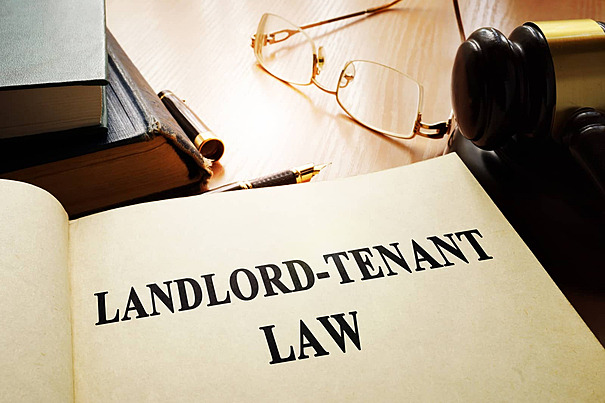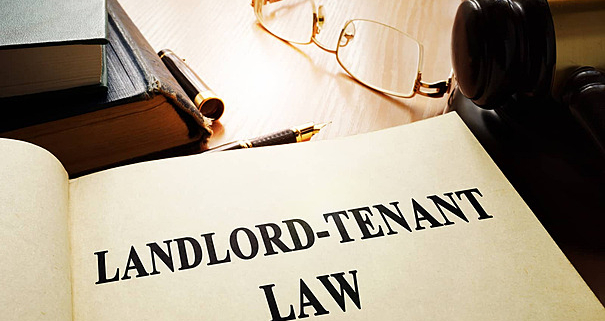Giopros Property Management’s viewpoint on Halifax tenancy board
Renting a home comes with responsibilities on both sides of the lease. While tenants are expected to pay their rent on time and keep the property in good shape, landlords also have legal obligations. They must be fair, provide safe living conditions, and honor the terms of the lease. But just like any relationship, things can go wrong. And when they do, it’s important to have a neutral body that ensures everyone follows the rules.
Giopros Property Management’s viewpoint on Halifax tenancy board
That’s where the Halifax Tenancy Board comes in.
Tenancy laws aren’t just written for decoration. They exist to protect both tenants and landlords, offering clear guidelines on what’s fair and what isn’t. Conflicts can happen even between friends, so it’s no surprise they occur between tenants and landlords. The key difference is that there’s a system in place to resolve these issues fairly and legally.
Take this real example from Halifax, Nova Scotia.

A tenant was preparing to move and found someone willing to take over her lease. This is a common and perfectly legal process. But during the application, she discovered the landlord wanted to charge the new tenant more rent than she had been paying. Not only was the rent higher, but electricity was no longer included, which had previously been part of the agreement.
To her, this felt unfair and opportunistic. When she questioned the landlord, instead of offering a reasonable explanation, he refused to approve the lease transfer.
Thankfully, this tenant knew her rights.
In Halifax, tenancy laws are clear: landlords cannot unreasonably withhold consent for lease assignments, and they cannot use the lease takeover process as a loophole to raise rent or strip away included services—unless it’s a new tenancy with proper notice and legal documentation.
She decided to contact the Halifax Tenancy Board.
This was a smart move. The board is there to support both tenants and landlords and to ensure that the law is respected. She documented all conversations with the landlord, including texts and emails, and filed a Form J, the official form used to resolve disputes related to residential tenancies.
The process is designed to be accessible and doesn’t require hiring a lawyer. After reviewing her case, the Tenancy Board found that she was in the right. She had followed the rules, and the landlord had not. As a result, the board could enforce the legal standards that protect tenants from these kinds of situations.
This story is a great reminder that knowledge is power. Many people feel like landlords hold all the cards, but that’s simply not true. If tenants understand their rights and take the correct steps, they can protect themselves and hold landlords accountable.
It also shows how important the Tenancy Board is. They don’t just mediate arguments. They make sure the law is followed and that both sides are treated fairly. They are an essential part of the rental process, ensuring landlords can’t act outside the law and that tenants aren’t left vulnerable.
If you’re a tenant dealing with an issue, don’t just get frustrated. Take action. Keep records of all communications, stay respectful, and use the proper channels. Filing a Form J is often the first step in resolving a dispute, and the Tenancy Board will guide the process from there.
Tenancy is a two-way relationship. When both sides understand and respect their rights and responsibilities, things usually go smoothly. But if problems do arise, the law is there to ensure fairness.
And as this Halifax tenant showed, when you stand your ground and follow the process, the law will stand with you.










Leave a Reply
Want to join the discussion?Feel free to contribute!